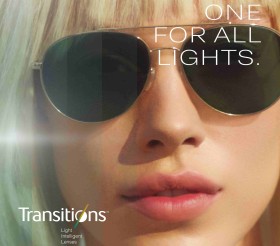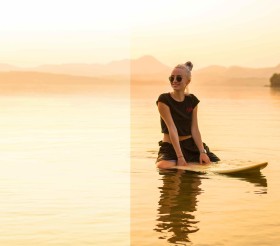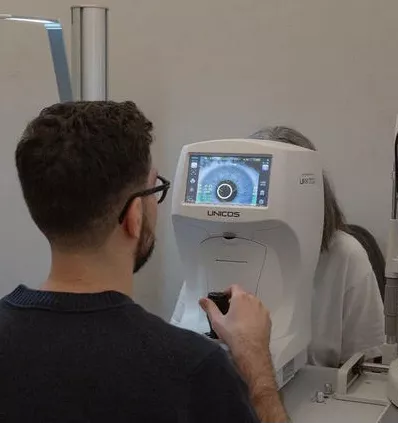Is UV radiation really that harmful? Why did no one care about UV protection in the past and now it is suddenly such a scarecrow? Is it just a marketing ploy? Let's look together at some (unfortunately) widespread opinions on the topic of UV radiation:
Yes, in the past sun protection was not given much importance and excessively tanned skin was even a trend. However, time has progressed and we already know that UV radiation has increased significantly over the last 30 years and, among other things, has caused a 4-fold increase in the incidence of skin cancer. (And we're not talking about less dramatic wrinkles or pigment spots). Fortunately, research and development of UV protection products that are freely available and effective have also moved forward.
Human physiology is built completely differently than plant physiology. For example, most plants need the sun for photosynthesis. We humans, although we need the sun (for example for such important vitamin D), we have two organs that can be damaged by too much UV radiation - skin and eyes.
On the contrary. Quality glasses filter UV but do not block full vision. In the case of a polarizing filter, it can maximally prevent unwanted reflections from surfaces such as water or snow and increase contrast.
Unfortunately, that's not how the eye works. If you constantly expose your eyes to intense UV radiation (especially at a young age), serious diseases, blindness or cancer may occur. No amount of "getting used to it" will help you. Although the lens of an adult eye can absorb UV radiation to a certain extent, children's eyes are particularly vulnerable. In the first years of life, 90% of UVA and more than 50% of UVB radiation reach the retina. Only between the ages of 18 and 20 can UV radiation be filtered by a lens.
Short term problems:
- Redness, tearing or feeling of dry eye.
- In winter, the so-called snow blindness (a burn of the surface layer of the cornea similar to when you burn your skin).
Long term problems:
- Damage to the retina, which often continues into the so-called macular degeneration (it can significantly damage central vision and even cause blindness).
- Cataract.
- Pterygium (also called surfer's eye).
- Pinguecula (yellow-colored wound on the surface of the eyeball).
We do not want to scare or manipulate anyone. The sun is important and necessary for everyone. We would only like to help you realize that its harmful effects are demonstrable, but the protection against it is effective. Take care of your eyesight as best you can (you only have one).








